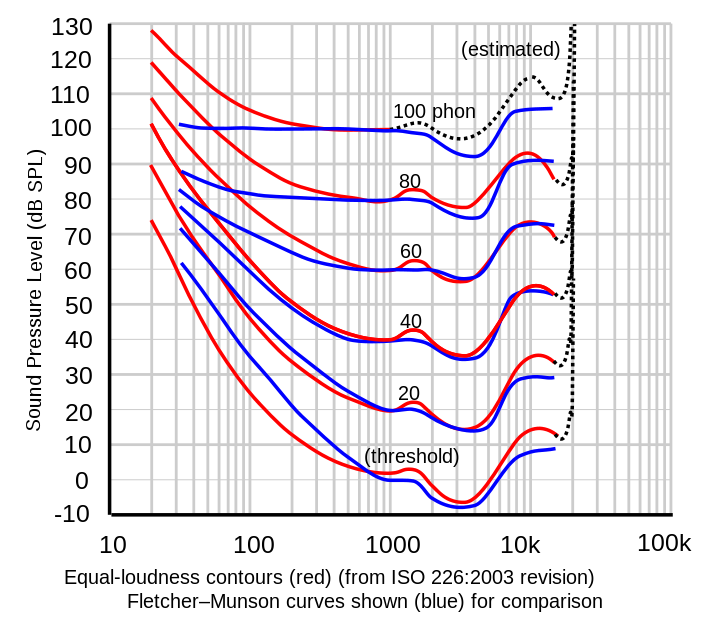Hello everyone,
can anyone explain please why so many "prominent" amp producers still use the "Loudness" option. I do not know why but that always sounds and looks to me like an additional completely unprofessional thing, It's true that Hi End serious producers do not include this option and I also think it is absolutely unnecessary. Personaly I am not in favour of it, but I have noticed that even some quite expensive amps can possess this mode - for example a good new sounding "Pioneer A 50 DA". I think the boosting sound in this way is completely outfashioned and with a pair of good speakers it will be also not useful as they can easily reproduce low frequency sound without boosting sound at night listening sessions.
Regards to all.
can anyone explain please why so many "prominent" amp producers still use the "Loudness" option. I do not know why but that always sounds and looks to me like an additional completely unprofessional thing, It's true that Hi End serious producers do not include this option and I also think it is absolutely unnecessary. Personaly I am not in favour of it, but I have noticed that even some quite expensive amps can possess this mode - for example a good new sounding "Pioneer A 50 DA". I think the boosting sound in this way is completely outfashioned and with a pair of good speakers it will be also not useful as they can easily reproduce low frequency sound without boosting sound at night listening sessions.
Regards to all.



